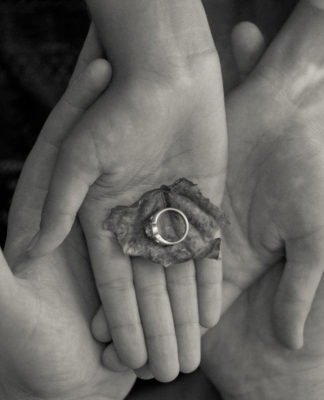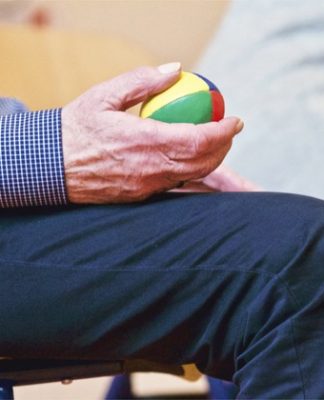We need to start the conversation on low sexual desire, or libido.
Libido can be described as an energy or an urge that promotes the desire leading us to sexual contact. Low libido is a problem for many individuals throughout their adult lifetime. Low desire doesn’t mean that you fell out of love or are broken, but it may mean you need to relax and take a closer look at sex and intimacy and the role they both play in your relationship.
The first step is to make a conscious decision: you deserve a healthy, satisfying sex life and to be open to experiencing intimacy and pleasure. I have worked with many individuals who suffer from guilt and shame that diminishes their sexual urges due to feeling unworthy to give or receive pleasure. When you make the decision to not just let this go or suffer in silence, you have taken a major first step.
Men may find this harder to discuss than women. Society paints a picture of men as always ready for sex, when a man’s libido drops, he may become confused, embarrassed or withdrawn. This behavior may result in anger and unwillingness to discuss the subject of sex or intimacy.
Women with low libido may suffer in silence and think something is wrong with them and continue to engage in sex in order to avoid conflict or withdraw and avoid any intimate talk or intercourse.
Many couples that are seen in my practice want me to use statistics to settle a disagreement about how much sex is enough sex or what the average amount of sex is for couples in general. Statistics do exist about what other couples have reported, but they are not about you or your relationship.
The best answer is to talk to your partner to discuss a number you agree on and what defines healthiness and unhealthiness in your relationship.
When looking at low libido, you may also want to be mindful of what you have been taught about desire. We learn that desire is the first step in the process of sex followed by arousal and then orgasm. There has been research to look at this process closer. Sexuality is different for everyone, some people need more than a look or thought to become aroused.
In your relationship you may need to be touched in a stimulating way to become fully aroused. Once you are triggered then desire follows. There’s no right or wrong way to reach desire. The major key is to know you or your partner’s desire pattern and to know what works for your relationship. Just because it may take longer doesn’t mean it’s gone. Take the time and enjoy the journey.
If you try changing your approach and mindset and are still experiencing low desire, it may be time to talk to your doctor or therapist to look closer at some possible biological or psychological factors that may be contributing to you or your partner’s low desire. Some factors may include:
- Hormonal changes
- Medications, which can take away desire or prolong orgasms leading to frustration
- Illnesses causing inflammation that delay or diminish desire
- Psychological factors like trauma, abuse, guilt and shame
Relationship dynamics can also play a major role. It is hard to be sexual with someone you don’t communicate well with, feel safe with, or feel emotionally secure with.
Low desire/libido can affect anyone at any stage or relationship in life. The key is to stop suffering in silence and make a choice to get to the root of the concern and to get back to enjoying the happier and more loving relationship that you want.
Get help now, and find your sexual voice again.


 Renelle E. Nelson is a Licensed Marriage and Family Therapist and an AASECT Certified Sex Therapist who has been providing therapy for over 10 years.
Renelle E. Nelson is a Licensed Marriage and Family Therapist and an AASECT Certified Sex Therapist who has been providing therapy for over 10 years.




















